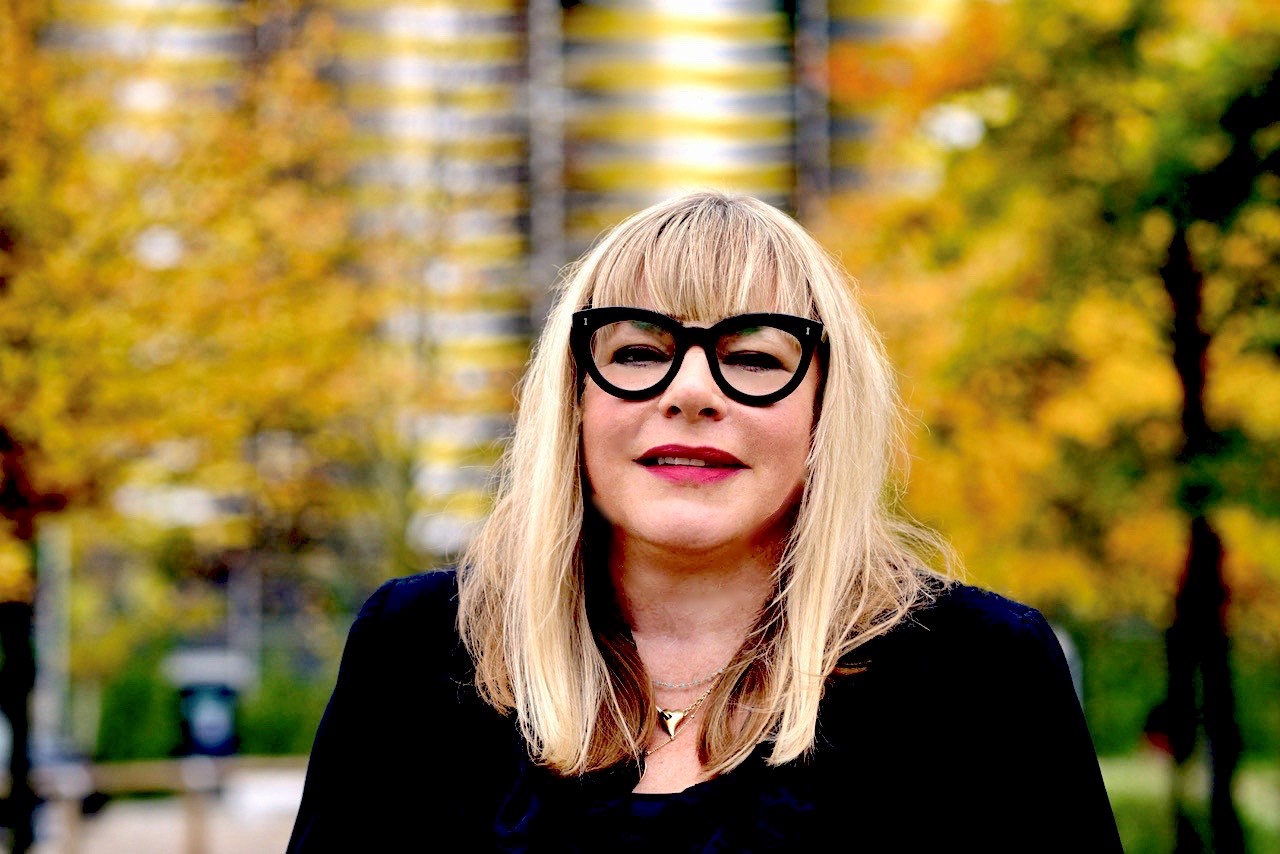University of Cambridge and St Luke’s Hospice (Harrow and Brent) create the first ever fully Hospice-funded PhD Fellowship to improve end-of-life care in care homes
St Luke’s Hospice (Harrow and Brent) and the Palliative & End of Life Care Group at the University of Cambridge have appointed Susannah Browne as St Luke’s Hospice PhD Fellow to research medical provision for care home residents at the end of life.

Growing numbers of adults are living in care homes, often until the end of their lives. Care homes are therefore an increasingly important location for end of life care and place of death; 22.1% of all deaths in England and Wales in 2018 occurred in care homes. There is a growing recognition that the provision of medical support for care home residents and their families may need to be adapted to reflect this.
St Luke’s Hospice (Harrow and Brent) and the Palliative & End of Life Care Group at the University of Cambridge appointed Susannah Browne as St Luke’s Hospice PhD Fellow to research this gap in provision and find ways to address it. The goal, according to St Luke’s Medical Director Dr Charles Daniels, is to understand more about the needs of those approaching the end of life in care homes, the care they receive, the assumptions on which this care is based and to investigate new approaches to optimise care.
Professor Stephen Barclay, Director of the Cambridge research group and international authority on palliative and end-of-life care, will supervise the new researcher, with Prof Mike Kelly and Dr Robbie Duschinsky.
Dr Daniels and Professor Barclay explained, “We understand that this is the first University PhD studentship fully funded by a hospice in the UK” The work, which will build on St Luke’s pioneering work in Care Homes, began in October 2020.
Susannah Browne said:
“I have 18 years’ experience as a social research professional in the Civil Service, becoming a Cambridge Science and Policy Fellow in 2017. I started my career as an Academic Health Psychologist: health research was my original academic interest. I very much enjoyed working with patients, their carers and Healthcare Professionals to improve experience of Health Care. I was fortunate to go on to work for Professor Sir Mike Richards at St Thomas’ Hospital on end of life care and so have experience of St Luke’s area of interest”.
“I developed a new perspective on end of life care when I nursed my own mother at the end of her life in 2016 and found myself in the position of ‘the carer’. The exceptional care provided by her GP and the District Nursing Team left me wondering about the end of life experience of people not so fortunate in having family or a network of health care providers to help them in their last days”.
“I’m delighted to have been awarded this opportunity by St Luke’s Hospice and the Cambridge Palliative and End of Life Care Group. Optimising End of Life Care in community settings is an issue that is very close to my heart. I hope my previous academic experience as well as the skills I bring from roles in social policy in the Civil Service will enable me to make a significant contribution to research and policy in this important area”.
Dr Charles Daniels said:
“Susannah’s appointment as St Luke’s Hospice PhD Fellow is ground-breaking. We hope it will inform our hospice team what works well, identify the gaps and the underlying causes and so generate ideas for improvement in the medical support to residents in Care Homes”.
“We believe Hospices need to play a key role in building the capabilities and capacity to improve people’s experiences in care homes. We need to start by understanding this provision better and look forward to this exciting partnership with Stephen’s team in one of the world’s top academic institutions”.
Professor Stephen Barclay said:
“This partnership with St Luke’s Hospice is an important development for St Luke’s, the Cambridge research group and the wider hospice movement. There is a pressing need to develop the evidence base for Palliative and End of Life Care: all too often what we think is good for patients is only based on our opinion as clinicians, managers and policy-makers, rather than the experience of patients and their loved ones”.
“Research-active organisations deliver better patient care: research fosters a reflective and self-questioning approach and organisational culture. Susannah is already proving to be an outstanding PhD student and it is a privilege to be the academic partner in what we understand to be a first for the UK hospice movement”.
